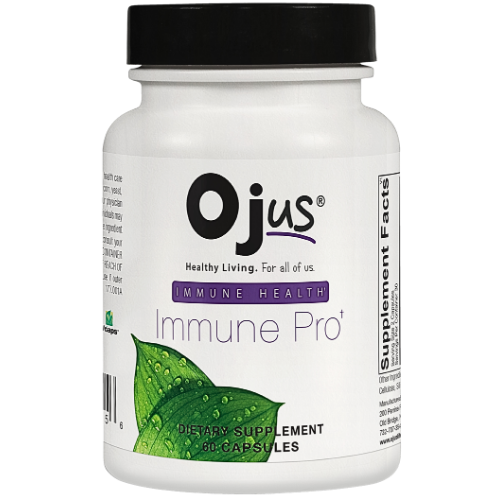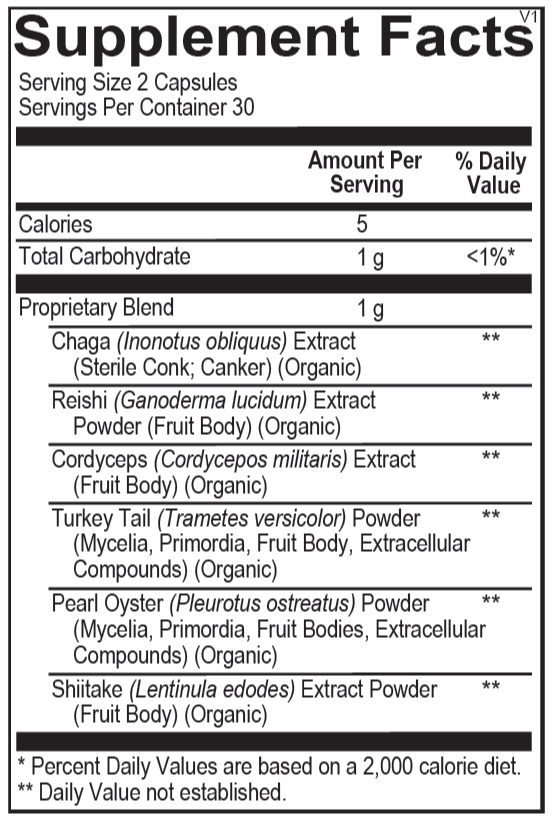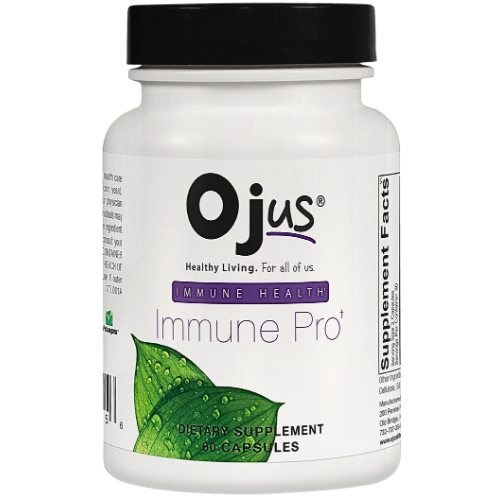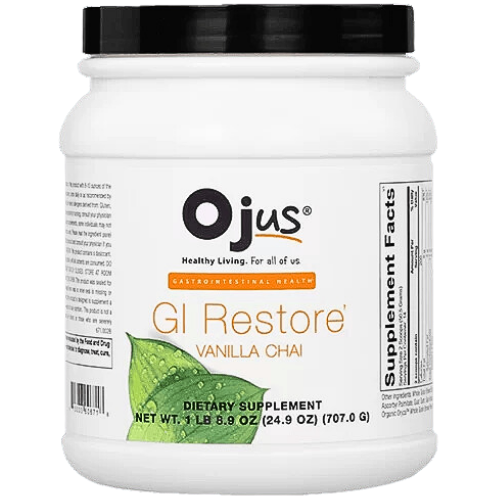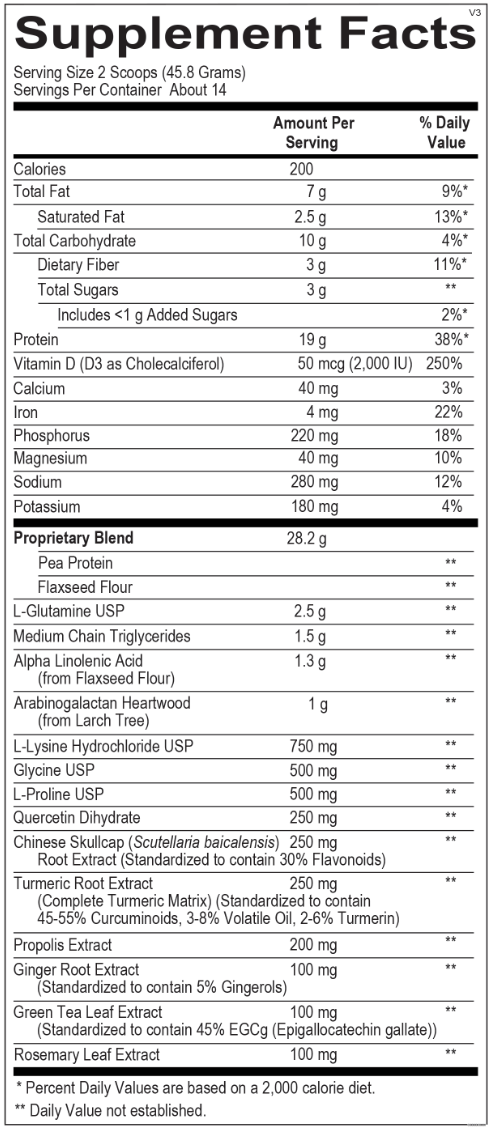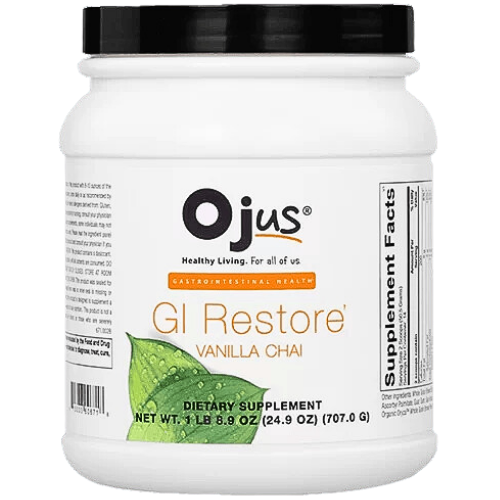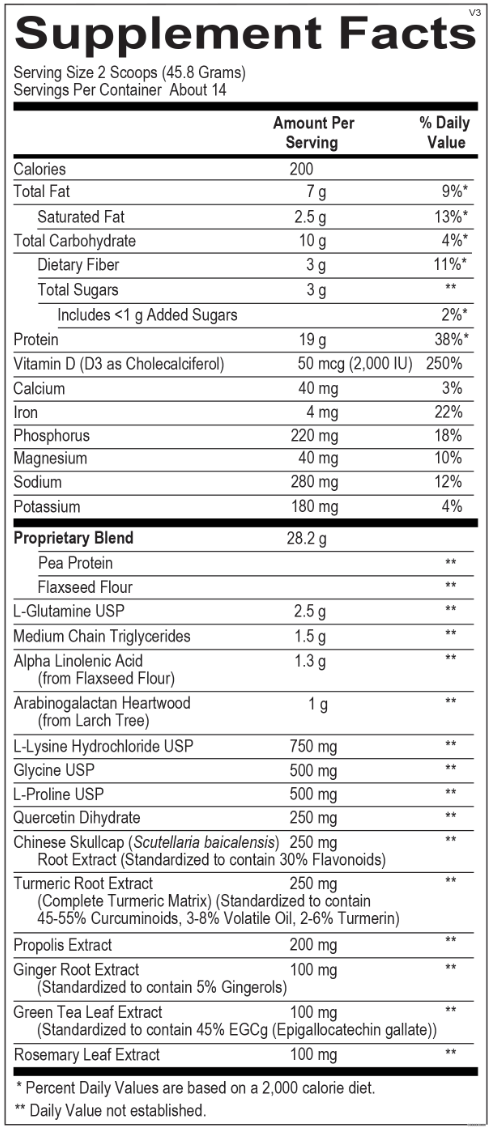
Best Foods To Eat When You Have A Migraine
Dr Anita NischalTable of Contents
| Migraine is caused by persistent attacks of spiking headaches, often accompanied by sensory and motor instabilities. It is a condition related to a severe one-sided headache which may go together with nausea, blurry vision vomiting, diarrhoea, and photophobia. |
Nearly 6-7% of men and up to 20% of women experience migraine headaches in the United States. Migraine occurs maximum to people between the ages of 18 and 44 and roughly, 3 out of 4 people with migraine are that consigned female at birth. Besides, genetics plays a vital role as 90% of people who have migraines have a family history.
A migraine attack can happen at any point in time, but as per the study, migraine is influenced by dietary elements. Numerous dietary triggers for migraine have been recognised.
The migraine attacks are not entirely stated. However, certain factors have been known including change in stress levels, extreme afferent stimuli, different sleep patterns, weather change, and food.
Although an inclusive variety of acute and preventative medications are now accessible for migraine, many patients still show no significant improvement in the frequency and harshness of their headaches unless lifestyle modifications are made.
Here, we discuss the migraine diet plan and migraine recovery food to assist you in altering your lifestyle eating habits.
Migraine Diet Plan
As per the experts, we have crafted the best migraine diet plan below.

1. Sweet potatoes
Sweet Potatoes are rich-source of beta-carotene and other nutrients with anti-inflammatory properties. These are particularly high in vitamin C, manganese, copper, pantothenic acid, niacin, potassium, vitamin B2, vitamin B1, vitamin B6, and phosphorus that release the symptoms of migraines.
2. Leafy greens vegetables
Spinach, kale, and Swiss chard, are full of both magnesium and the B vitamin folate, together they might calm down the headaches.
3. Seeds
Magnesium deficiency is one of the most common nutritional reasons for determined or bunch headaches. Thus, prioritizing plentiful amounts of magnesium-rich foods daily is one of the best migraine recovery foods.
Flaxseeds, sesame seeds, sprouted pumpkin seeds, and chia seeds are all good sources of magnesium. Pumpkin seeds are a good source of fibre, hence, prevents constipation that sometimes arises with migraine.
4. Black beans
Carbohydrate type’s foods help with more stable blood sugar and have a low glycemic load, leading to a typical portion of the food raising blood glucose levels a minor to a reasonable amount.
5. Ginger
Ginger contains natural oil with chemical compounds significant for headaches. It upsurges the chemical messenger serotonin, and that decreases inflammation. Also, ginger powder significantly reduced headache severity in patients with acute migraines.
6. Coconut Oil
The properties of coconut oil like electrolytes and potassium rehydrate the body rapidly, and can relieve a headache and nausea too.
7. Olive Oil
Some crucial oils can lessen stress, which can ease tension headaches, or soothe the pain.
8. Brussels sprouts
The consumption of folate-rich foods is a natural technique of reducing the frequency and force of headaches.
Foods To Avoid When you Have A Migraine
Apart from the migraine diet plan, it is important to deliberate which foods to avoid with migraines. Here are five migraine foods to avoid:
1. Aged cheeses
Aging cheese cultivates its flavor and upsurges the compound tyramine — a common migraine trigger. Tyramine is present naturally during the aging process and converts more compellingly over the ages. Cheese diversities to avoid embrace:
- Parmesan
- Pecorino Romano
- Blue cheese
- Swiss
- Cheddar
- Provolone
You can opt for Cheeses that are lower in tyramine including fresh cheeses like mozzarella, ricotta, and cream cheese.
2. Cured meats
Numerous cured meats comprise nitrates as a preservative. Nitrates upturn the levels of nitric oxide in the blood, which is related to migraines. The risk of migraine was more than three times complex in participants with advanced nitric oxide levels.
3. Citrus fruits
These sweet, tart ,and energizing fruits are the highest migraine trigger. Citrus was aN apparent trigger for migraine with aura, but not for migraine without aura. If you like oranges or lemonade, you should perhaps keep your intake balanced and note your reaction in your migraine diary. If you cultivate a migraine within hours or a day of eating citrus, it is the migraine food to avoid.
4. Fermented foods
However an abundance of gut-healthy probiotics, fermented foods can activate headaches in some. Pickles, kimchi, and sauerkraut comprehend histamines that can be the source of attacks.
5. Dark chocolate
Nitrates and caffeine are to be blamed for migraines. If you are super-sensitive to caffeine, you need these foods to avoid migraines including the temperate amounts found in dark chocolate. The bittersweet treat also comprises nitrates, the similar compounds that make cured meats challenging.
Gluten-free Diet for Migraine
Gluten may be a cause of migraines in some people. One recent study has recommended a link between celiac disease and migraines. Migraines may be the early sign of celiac disease, though migraine is a rare symptom of celiac disease.
Gluten can disturb the nervous system in people with celiac disease and people with non-celiac gluten prejudice. Problems that affect the nervous system consist of:
- Learning disorders
- Depression
- Migraine
- Headache
Conclusion
The clinical appearance of migraine is expressively compressed by dietary and gastrointestinal matters. This comprises gut dysfunction during and between attacks, food triggers, and an upsurge in migraine with obesity, comorbid GI, and systemic irritation caused by diet.
It is often suggested to people with migraines to seek steadiness in their lifestyle behaviors, and environmental contacts, as a mode of avoiding sudden changes that may hurried attacks.
Thus, the identification of food triggers, with the support of food diaries, is an economical way to decrease migraine headaches.
Read More
Yes, skipping food is one of the most shared food-related reasons for migraine attacks. It is consequently significant that you eat repeatedly. Having small nutritious snacks and a migraine diet plan may help to control your migraine attacks.
Eating less sugar than traditional can also trigger a “sugar withdrawal” headache. it. For that, you need to create a plan and check the sugar intake. Do not include sugar in foods to avoid migraine, rather you can decrease the quantity of it.
Chocolate and monosodium glutamate (MSG) along with processed meats including nitrites might activate abdominal migraines and thus, be categorized in the migraine foods to avoid. Also, swallowing a lot of air may trigger or set off parallel tummy symptoms.
Yes, skipping a meal can lead to dropping in your blood sugar levels. In retort, your body discharges hormones that hint to your brain that you are hungry. These same hormones may upturn your blood pressure and constrict blood vessels in your body, resulting in a headache.
The 3-Day Migraine Diet decreases top headache triggers and familiarizes nutrition that fights headaches and migraines. Adopt this to know your migraine recovery food.
Migraine foods to avoid include drinks like alcohol, especially red wine, caffeine, which is in coffee, chocolate, tea, colas, and other sodas.


